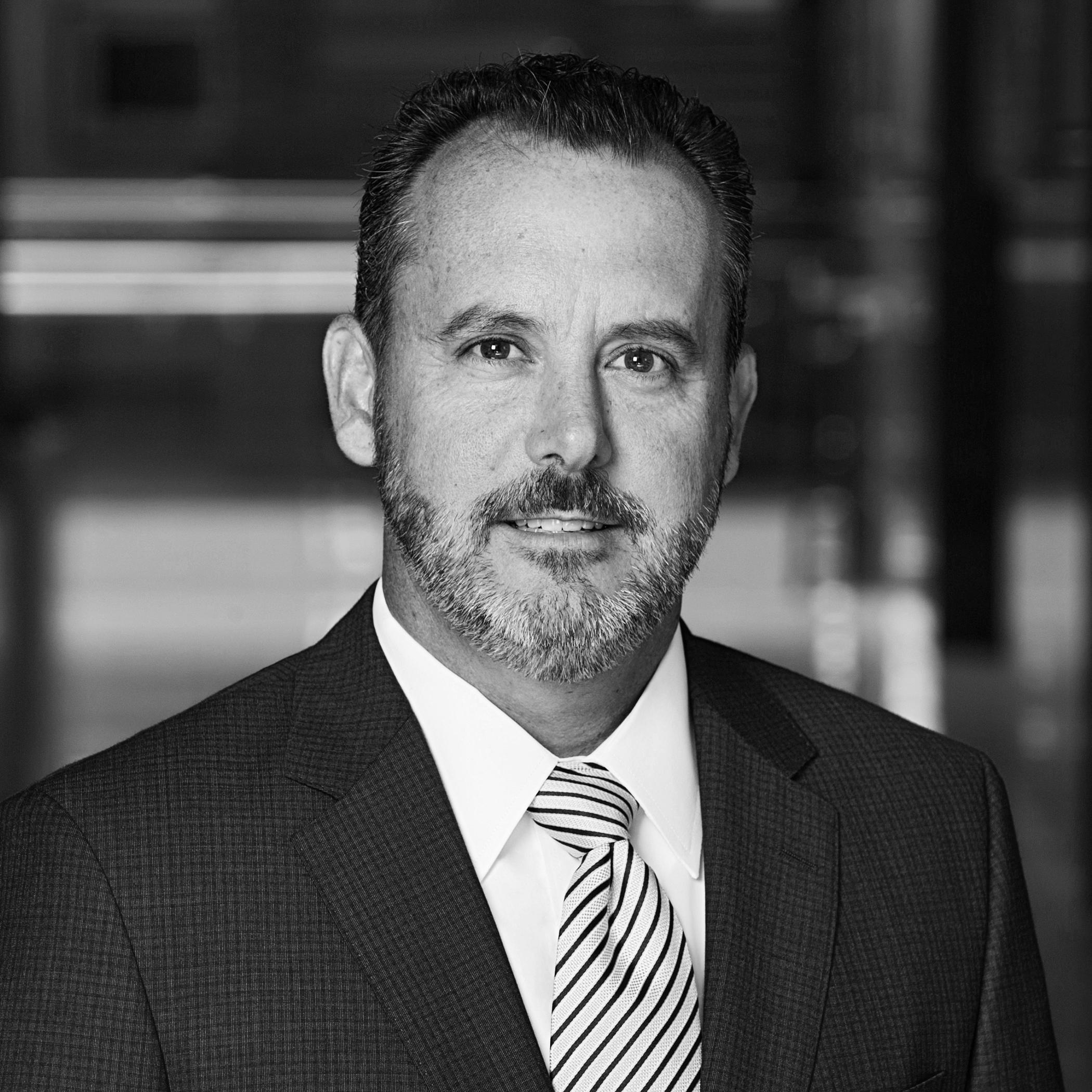In the latest "On Leadership", we speak to John Alessio, Managing Partner of Procopio, about leading during crisis, meeting huddles & the value of listening
We continue our monthly column, On Leadership, created by Rose Ors for Thomson Reuters. Each month will feature conversations with law firm Chief Executive Officers and Managing Partners about how they are leading their law firms in today’s dramatically changing and highly competitive legal industry.
In this installment, Rose Ors talks to John Alessio, Managing Partner of Procopio, a 74-year-old law firm based in the Western United States with more than 170 attorneys in 40-plus practice areas.
Rose Ors: You became managing partner in 2018. What did you plan to do in your first 90 days?
John Alessio: Our firm is run by a six-partner management committee. I had been on the committee for about four years when I became managing partner. I continued to support what has been successful for us — being nimble and opportunistic in pursuing growth. We are also entrepreneurial, with a productivity-based pay structure that lateral hires see as a good opportunity to build their own books of business and thrive here professionally.
When I became managing partner, the firm was doing well. However, in an effort to improve and look for blind spots, I met with a number of people at all levels within the firm and asked about what we should keep doing, stop doing or start doing. From that sprang a renewed focus on our culture and community outreach.
Rose Ors: How has the pandemic crisis changed your role?
John Alessio: Historically, the managing partner of our firm has had a player-coach role where you spent half of your time practicing law and the other half managing the firm. Being a practicing attorney helps the managing partner evaluate how firm mandates affect the day-to-day practice of law. But, even before COVID-19, the firm’s growth was starting to make the role into a full-time job. The pandemic has multiplied the obligations of everyone in management and accelerated the transition of the Managing Partner position into more of a full-time job.

Rose Ors: How has the firm’s culture helped during this time?
John Alessio: The short answer is we already had established a culture where frequent firmwide communication — weekly huddles — was a hallmark of our culture. We merely moved our huddles to Zoom. This weekly ritual has become doubly important when everyone is home and possibly feeling alone.
Rose Ors: This is the first time I have heard a firm refer to its meetings as huddles. How did that come about?
John Alessio: Years back we hired the Ritz-Carlton to teach the firm how to give our clients the white-glove treatment. Shortly after I became managing partner, we asked them to teach us how to give the white-glove treatment to each other. It’s important that we treat our coworkers with the same respect and responsiveness that we give to our clients.
One of the ideas that came out of the Ritz-Carlton training was to have everyone at the firm — from the receptionist to the most senior partner — meet regularly for 15 minutes for the sole purpose of sharing something positive about a member of the firm or the firm itself. Having the whole team gather for these quick sessions made us think of them as huddles. The name stuck.
Rose Ors: What made you decide to huddle weekly?
John Alessio: When we first started discussing the concept, I thought there might be a push to merely tag on an extra 15 minutes to our existing monthly team meeting. But the partners decided that stand-alone weekly meetings with everyone in the firm was the way to go. That way if someone could not make a huddle, they would not have to wait a month for the next one.
That is when I knew people realized this could be an important part of our culture. Having everyone meet is a great reminder that we are all in this together. That message really resonates in these days of COVID-19 isolation.
Rose Ors: What do you typically discuss in the huddles?
John Alessio: The initial Ritz-Carlton training resulted in the firm developing a firm purpose, a firm promise, and 10 pledges we committed to in serving our clients and each other. The pledges include things like living with integrity, acting with dignity, and “owning it”. In every huddle, we structure the discussion around one of the pledges.
During these huddles we learn new things about each other. For example, we have had members of the firm share how becoming foster parents has impacted their lives. We celebrate client wins, whether it be a great outcome on a pro bono matter or a great verdict for a client. Whatever fits with the pledge for that week.
We regularly celebrate work anniversaries. Not long ago, we celebrated the 50-year anniversary of one of our attorneys. Also, we occasionally touch upon a historical moment for the firm such as our upcoming 75th anniversary.
Rose Ors: How are you meeting more stringent client expectations around cost and efficiency?
John Alessio: Our mentality has always been to staff our matters lean. We also gain internal efficiencies by investing significantly in hardware, software, and artificial intelligence tools. Additionally, these investments allow us to host the large document depositories associated with big litigation matters rather than paying an outside provider for that service.
The same budget discipline applies to how we run our firm. For example, while our offices extend from Southern California to Silicon Valley and into Las Vegas and Phoenix, our geographic footprint is tight enough where we don’t need executive staff at each office. This reduces our costs so we can be very competitive with our rates and legal project pricing.
Rose Ors: How would you describe your leadership philosophy?
John Alessio: As just one voice of six on the management committee, I view my role in leading the firm as a host leader. In this role, I need to make sure we invite the right people to join our firm and that we create an environment that allows each of them to perform at their highest ability. In the same vein, I need to make sure everyone at the firm feels they are part of the team.
To me, that means I need to be approachable and open. It means I listen more than talk.






